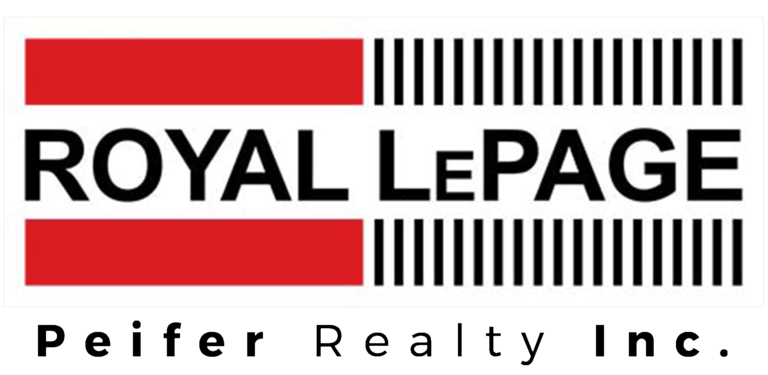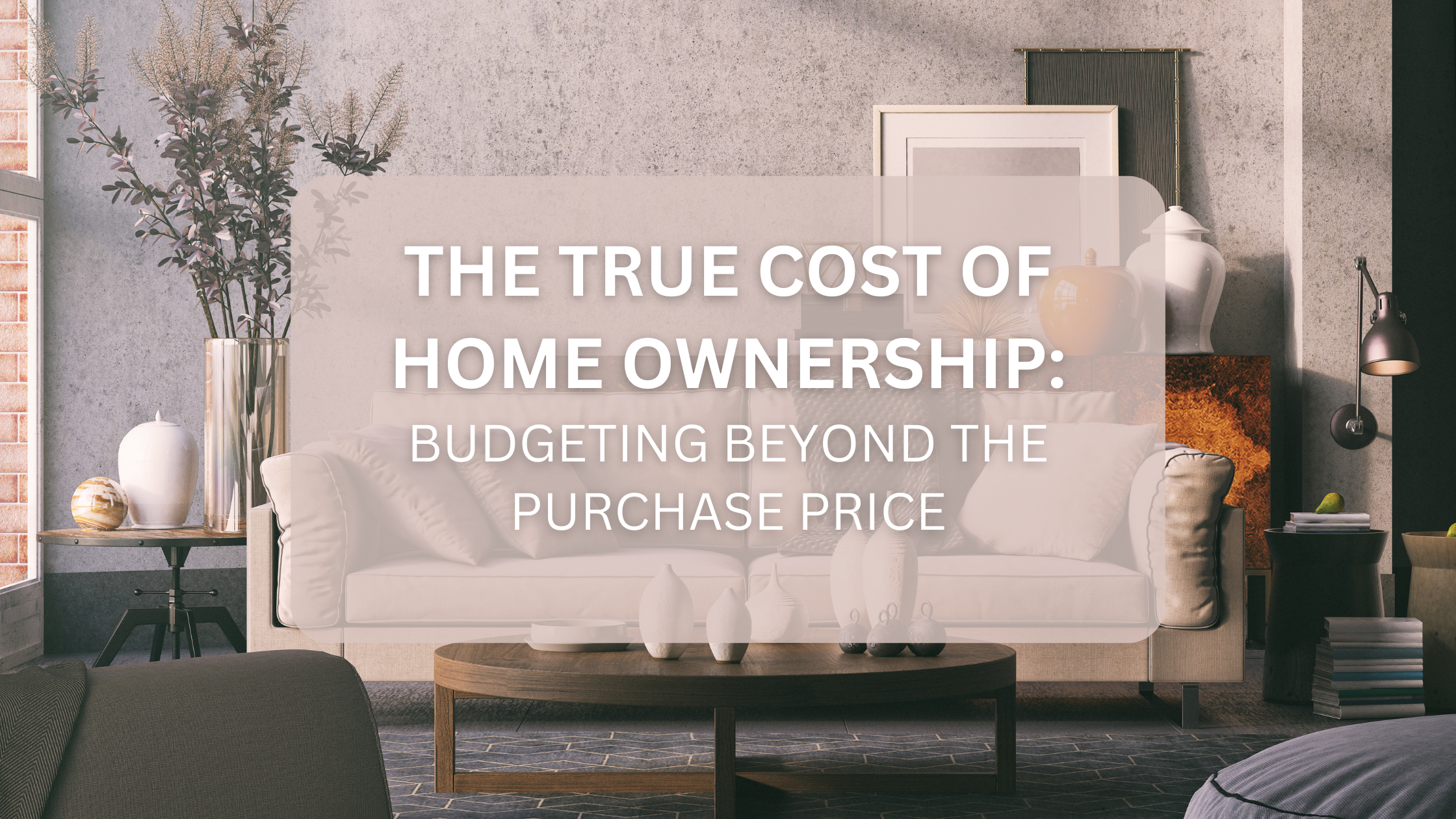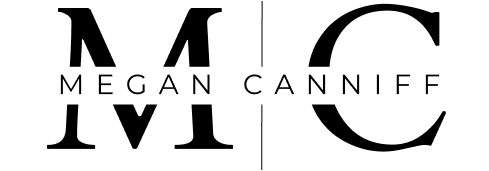If you’re reading this, you may be a first-time home buyer eager to get started on your home search! Amidst the excitement of house hunting and imagining your future in a new space, it’s crucial to remember that the purchase price of a home is just one piece of the financial puzzle. In this blog post, we’ll explore the true costs of homeownership that often catch first-time buyers off guard and provide tips for budgeting beyond the purchase price.
Understanding the True Cost:
When budgeting for your first home, it’s essential to consider expenses beyond the initial purchase price. These costs you may not think about can add up quickly and impact your overall financial stability. Here are some key expenses to factor into your budget:
- Property Taxes: Property taxes vary depending on the assessed value and location of a home. Be sure to research property taxes for the neoghbourhoods and homes you are looking at. In Chatham-Kent, you can pay your taxes all at once when they’re billed, or you can opt into a pre-authorized monthly payment plan.
- Home Insurance: Protecting your investment with home insurance is essential. Premiums can vary based on factors about your home and the coverage you are looking for. You can obtain quotes from multiple insurance providers to help ensure you are getting the best deal.
- Maintenance & Repairs: As much as we hope that we will not have any big costly maintenance or repairs when we purchase a home, there is always a chance something could go wrong. Having a home inspection can help you prepare for any large maintenance expenses that may be upcoming. Be sure to have a maintenance fund in place to cover anything from cleaning air ducts to broken appliances.
- Utilities: A cost you will have to pay each month is utilities; hydro, gas, and water. Newer homes will have lower utility bills as they tend to be more energy efficient. You can request monthly bills from a seller to get an idea of how much it costs to heat / cool the home. Understand consumption habits will affect this as well.
- Rental Equipment: It is very common to have mechanical systems like a hot water heater as rentals. If the home you are purchasing does have rental equipment, be sure to ask what the monthly rental fee is each month.
Budgeting Strategies:
Now that you’re aware of the true costs of homeownership, let’s explore some strategies for budgeting effectively:
- Create a Comprehensive Budget: Develop a detailed budget that accounts for all of your expenses, including mortgage payments, property taxes, insurance, utilities, maintenance, and rental fees. Allocate funds for each category and regularly review your budget to ensure you’re staying on track.
- Build an Emergency Fund: Set aside a portion of your savings as an emergency fund to cover unexpected expenses, such as major repairs or medical emergencies. Aim to save at least three to six months’ worth of living expenses in your emergency fund to provide a financial safety net.
- Prioritize Savings Goals: Identify your short-term and long-term savings goals, such as home improvements, future education expenses, or retirement savings. Prioritize your savings goals and allocate funds accordingly to ensure you’re making progress toward achieving your financial objectives.
- Plan for Annual Expenses: Anticipate annual expenses, such as property tax bills or insurance premiums, by setting aside funds throughout the year. Consider setting up automatic transfers to a dedicated savings account to cover these expenses when they arise.
As you embark on your journey to homeownership, remember that budgeting for the true costs of homeownership is just as important as finding the perfect home. By understanding this and implementing effective budgeting strategies, you can enjoy the benefits of homeownership while maintaining financial stability for the long term.
Check out some active listings and reach out if you have any questions! Click here to view active listings



